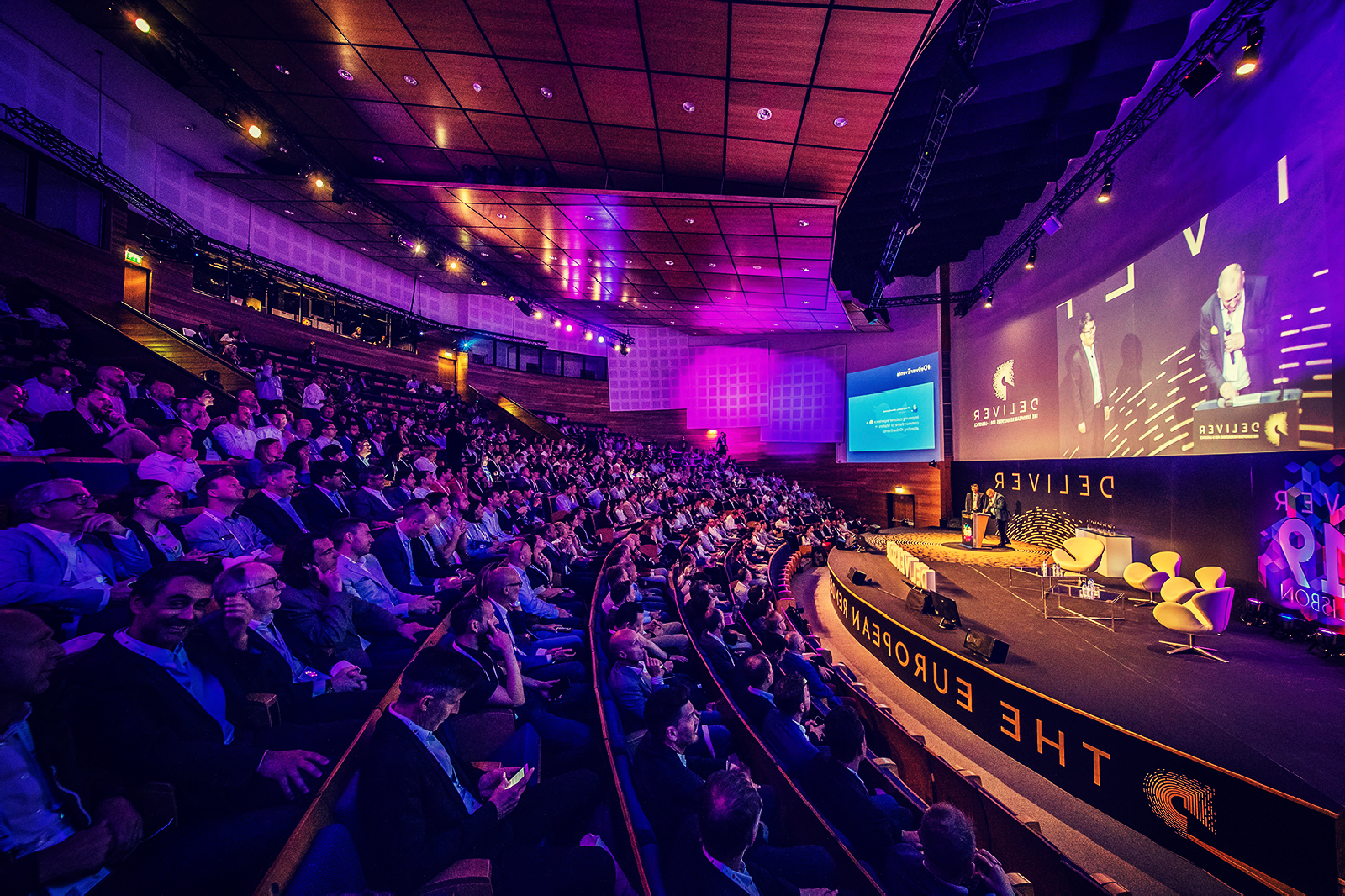From Production to Final Mile: How Homerunner Simplifies Global Logistics
Mathias Lindtofte, Head Business Solution Manager at Homerunner, delivered a data-rich session at DELIVER Europe 2025 outlining how their hybrid IT and freight company is tackling logistics complexity head-on. From checkout to customs, final mile to returns, Homerunner is helping retailers eliminate operational inefficiencies and simplify global growth.
Born in Denmark, Built for Scale
Founded 10 years ago, Homerunner began as a solution for peer-to-peer parcel shipping. With no venture backing and profitable from day one, the company has evolved into a full-service TMS and freight solution provider. Today, their platform powers over 60 million parcels per year, with over 20 of their 55 employees dedicated to IT development.
Their model is simple: no startup fees, no monthly subscriptions—just pay-per-label. This keeps them nimble, customer-centric, and aligned with client success.
Unified Global Logistics Infrastructure
Homerunner’s core strength lies in standardising every aspect of shipping across borders, carriers, and systems. Their platform:
-
Integrates with all major ecommerce and ERP platforms (Shopify, WooCommerce, SAP, etc.)
-
Consolidates 45+ shipping providers into a single unified interface
-
Powers AI-assisted claims resolution and tracking updates
-
Enables carrier-agnostic fulfilment, proactive customer updates, and SLA monitoring
They treat every shipment—parcel, pallet, or container—as a single unit with the same data structure. This consistency enables real-time analytics and decision-making across supply chains.
Data Standardisation and Claims Automation
According to Mathias, most customer service issues boil down to 12 standard questions. Homerunner uses AI chatbots (like “Sophie”) and automated workflows to solve 72% of customer cases—freeing human agents to focus on high-value tasks. They’ve developed carrier-specific logic trees to handle delays, misroutes, damage, and delivery anomalies.
These efficiencies mean that businesses can offer better customer experience without scaling headcount—a critical advantage in fast-growth ecommerce.
Customs, Compliance, and Cost Control
Cross-border trade is notoriously complex. Homerunner simplifies customs by linking product metadata (e.g. HS codes, origin, SKU, value) to each shipment:
-
Customs clearance is automated based on mandatory fields.
-
Incomplete documentation triggers error notifications for correction.
-
Invoicing is dual-checked using parcel data (weight, fuel, fees, dimensions).
They’re also expanding into container logistics—bringing the same API-first, standardised methodology to ocean freight.
Sustainability and the Future of Fulfilment
Homerunner is actively supporting delivery consolidation to reduce carbon emissions—such as flexible delivery dates and eco-prioritised routing. Retailers using the platform can:
-
Offer fossil-free shipping options
-
Forecast parcel volumes by region
-
Optimise SLA tracking and carbon impact
By enabling smarter delivery windows and greener choices, logistics becomes a brand advantage—not a cost burden.
Final Takeaway: Logistics is No Longer Just a Warehouse Function
"Logistics shouldn’t be hidden in the back of the warehouse," says Mathias. "It needs to be central to the customer experience and marketing decisions."
With Homerunner’s no-code rule builders, ecommerce teams can easily split test delivery pricing, thresholds, and experience flows—without touching a line of code.
As the global retail landscape grows more competitive, platforms like Homerunner make it possible to scale faster, react quicker, and deliver better.



